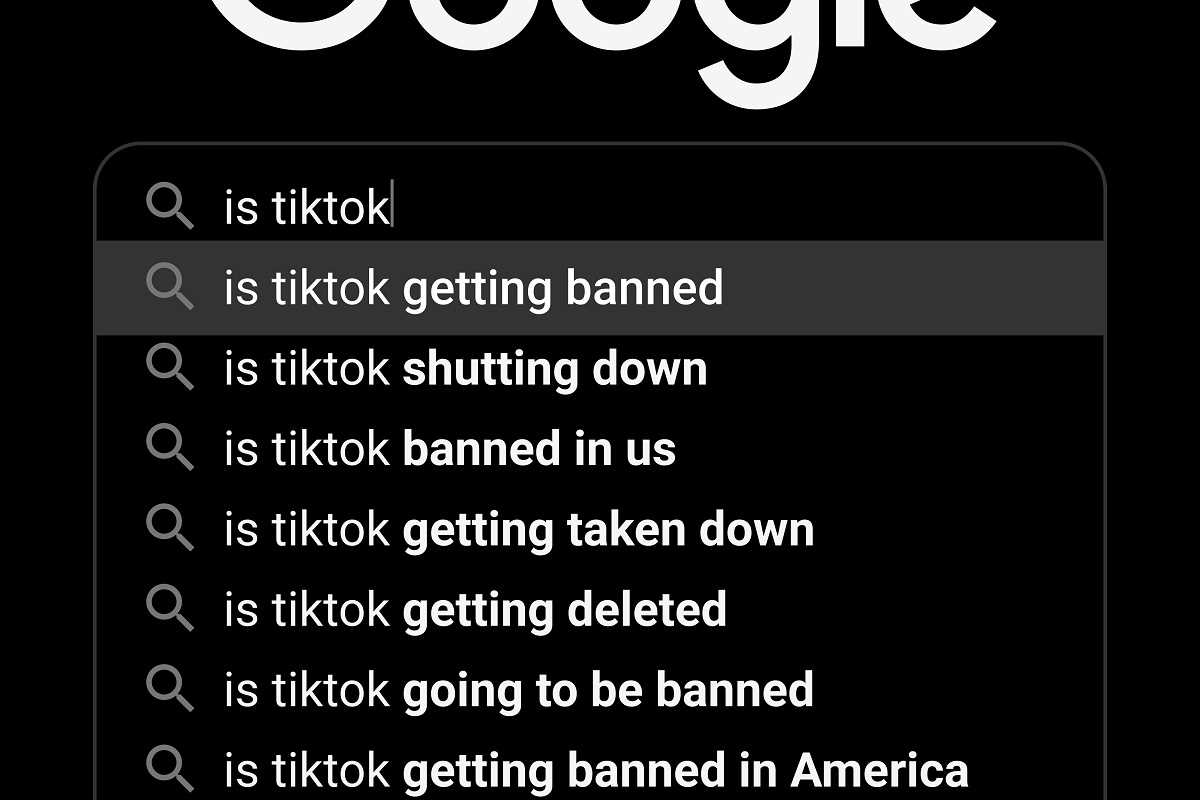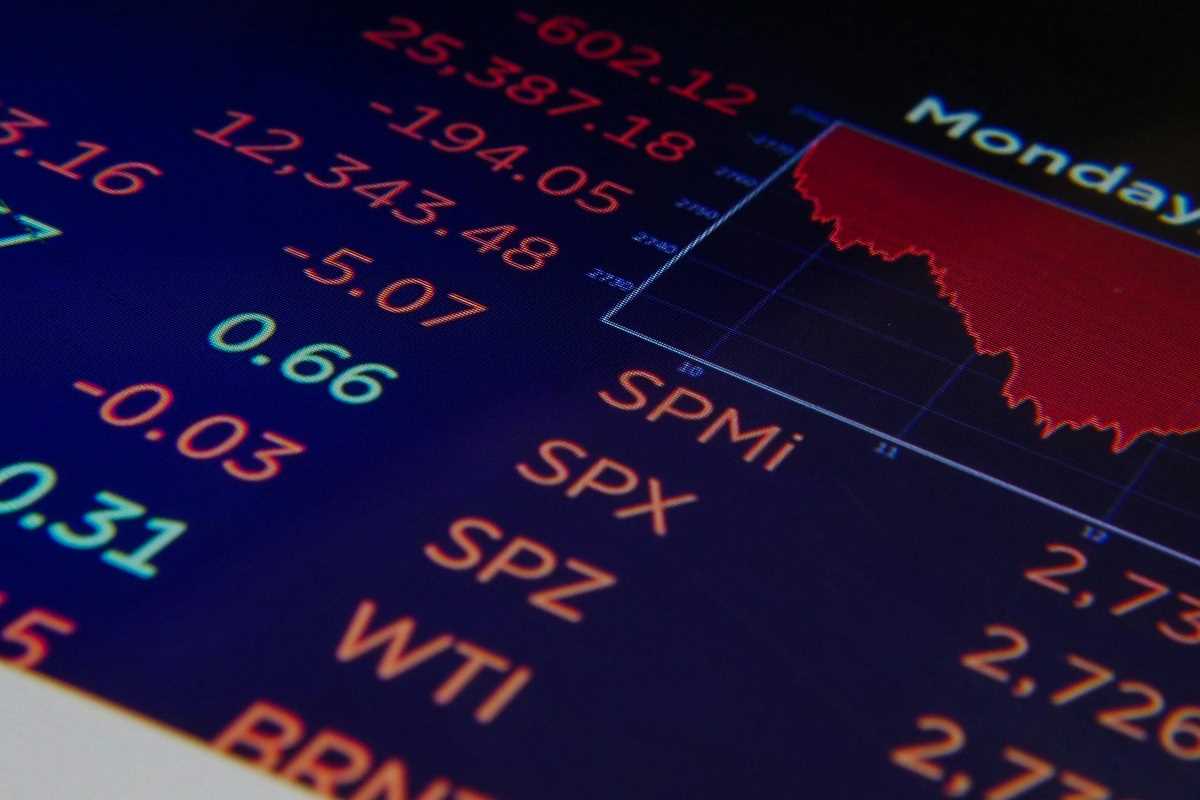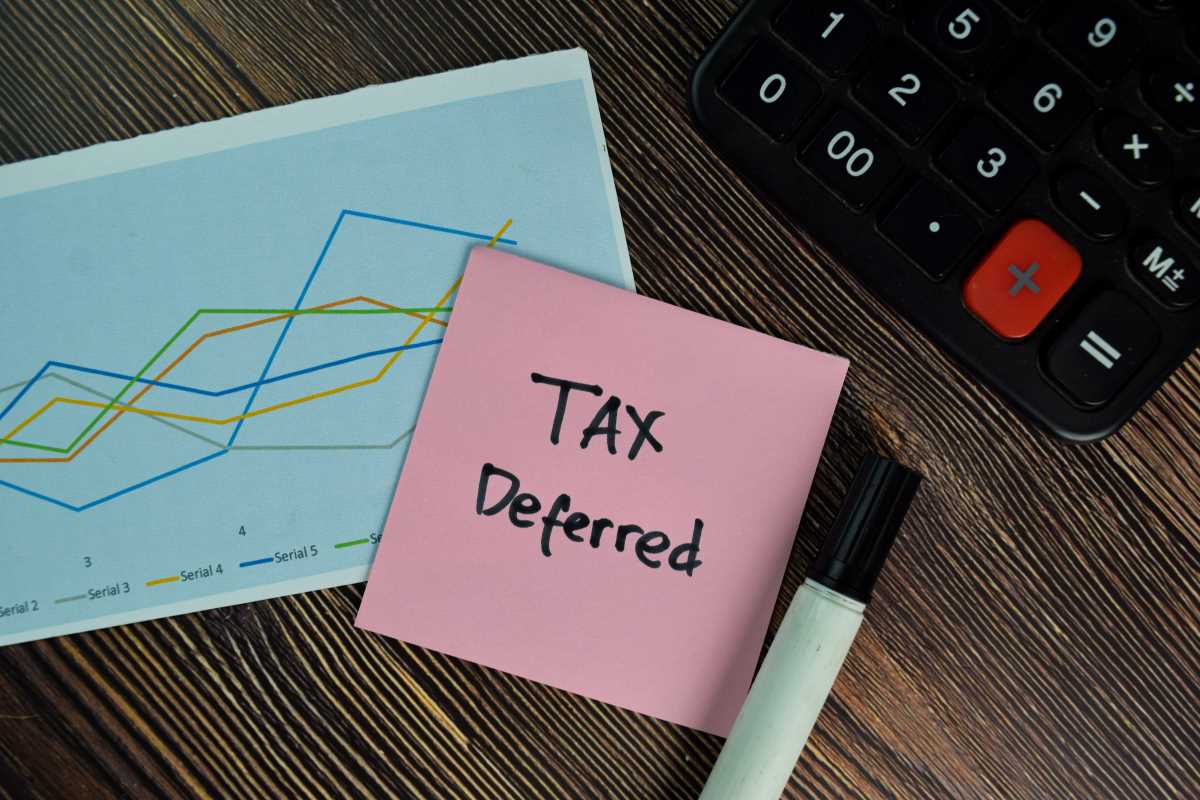Imagine waking up one day to find that your favorite app, TikTok, has been banned in your country. No more scrolling through funny videos, following trends, or watching your favorite creators. For millions of people, TikTok is more than just entertainment—it’s a way to connect, share ideas, and for some, even earn a living. But in recent years, some governments have raised concerns about TikTok, leading to bans or potential restrictions. Why are these bans happening, and what could it mean for the economy? Let’s break it down.
Why Is the U.S. Government Banning TikTok?
TikTok, owned by the Chinese company ByteDance, has taken the world by storm. With over a billion users worldwide, it’s one of the most popular social media platforms, especially among young people. However, its success has attracted scrutiny, particularly from politicians worried about how TikTok handles user data and its potential impact on national security.
1. Data Privacy Concerns
When you use TikTok, the app collects information about you—like your viewing patterns, location, and other preferences. This is common for many social media platforms, but the concern with TikTok is that it’s owned by a Chinese company. Some governments, especially in countries like the United States, have raised fears that TikTok could share user data with the Chinese government. Although TikTok denies this, skeptics worry that sensitive information could fall into the wrong hands.
For example, imagine a military officer or government worker using TikTok and unknowingly sharing information about their location or habits. This data could potentially be used to track individuals or influence them, creating a security risk.
2. National Security Issues
Aside from data privacy, governments also worry about TikTok’s power to influence public opinion. Social media platforms can shape the way large groups of people think, behave, and even vote. Officials fear that TikTok could be used to spread propaganda, manipulate election outcomes, or amplify misinformation. Because ByteDance is a Chinese company, these fears are heightened by geopolitical tensions between China and other nations.
3. Geopolitical Rivalries
TikTok’s rise also comes at a time when tensions between China and countries like the United States and India are intensifying. These nations see restricting TikTok as part of a larger push to reduce dependence on Chinese technology and limit its influence. By banning or regulating TikTok, governments are also sending a message about prioritizing national interests over foreign-owned platforms.
How Would a TikTok Ban Affect the Economy?
You might think a TikTok ban is just about keeping people off the app, but its effects are much bigger than that. TikTok has created a huge digital ecosystem that supports businesses, content creators, and advertisers. If the app disappears, it could leave a noticeable mark on the economy.
1. Impact on Businesses
TikTok isn’t just for lip-syncing and dance challenges—it’s become a powerful marketing tool for businesses. Companies across industries use TikTok to engage with younger audiences, promote products, and build their brands. From small businesses showcasing handmade crafts to major corporations running creative ad campaigns, TikTok has allowed businesses to reach millions of potential customers quickly.
If TikTok is banned, these businesses might lose one of their most effective advertising platforms. For small businesses, which often rely on TikTok’s free features to gain visibility, this could be a major setback. They would have to find new ways to reach their audience, which might cost more or be less effective.
For example:
- A local bakery that uses TikTok to post fun recipes or baking tutorials could lose its main source of online traffic.
- A clothing brand that partners with influencers to showcase its latest designs might see a drop in exposure.
2. Effects on Content Creators and Influencers
TikTok has turned everyday people into stars. Content creators and influencers depend on the app to share their work, connect with fans, and, most importantly, make money. Many influencers earn income through brand deals, sponsorships, and live-streaming gifts. If TikTok disappears, these creators might lose a significant portion of their livelihood.
While some influencers might switch to other platforms like Instagram or YouTube, it’s not always easy to rebuild a following. Each platform has its own audience and style, and not all creators would find the same level of success elsewhere. For those who’ve spent years building their brand on TikTok, a ban could feel like starting from scratch.
3. Hit to Digital Marketing
Digital marketing is big business, and TikTok is one of its fastest-growing players. Advertisers spend billions of dollars on social media to reach users in creative and engaging ways. TikTok’s short-video format and massive user base make it especially valuable for launching viral campaigns.
Without TikTok, companies would have to shift their strategies. While there are other platforms like Instagram Reels or YouTube Shorts, TikTok’s unique algorithm, which highlights trending and personalized content, might be hard to replace. This could reduce the overall effectiveness of certain marketing campaigns, hitting the advertising industry hard.
4. Economic Ripple Effects
The TikTok economy isn’t limited to just the app itself. It includes a wide web of businesses and people who support the TikTok community, from video production companies to music artists whose songs go viral. A ban could disrupt this entire ecosystem.
For example:
- Musicians whose tracks gain fame on TikTok might struggle to reach new audiences.
- App developers and tech professionals who create TikTok-related tools (such as analytics or filters) would lose customers.
- Events and merchandise tied to TikTok trends might decline in popularity.
5. Global Tech Competition
Finally, a TikTok ban could shift the competitive landscape in the tech industry. Other platforms and apps could step in to fill the void left by TikTok, potentially sparking innovation. However, it could also lead to reduced competition if fewer companies dominate the market, which might eventually harm consumers by stifling creativity and choice.
Countries and Their Approaches
Several nations have already taken action against TikTok, each for different reasons.
India
India was one of the first countries to ban TikTok in 2020, citing national security concerns and tensions with China. With over 200 million TikTok users in India, the ban disrupted influencers, small businesses, and entertainment communities in the country. Many users transitioned to Indian-made apps like Chingari and Moj, but it took time for these apps to gain traction.
United States
The U.S. has debated banning TikTok several times. While a full ban hasn’t happened yet, there have been restrictions, like barring the app on government devices. Discussions around banning TikTok entirely have centered on concerns about user data and Chinese tech influence. A ban would likely have a huge impact given the app’s popularity with U.S. businesses and influencers.
Other Countries
Countries like Australia and some European nations have also raised concerns about TikTok. While most haven’t implemented full bans, some have introduced restrictions or are keeping a close watch on the app, particularly regarding data privacy.
The Bigger Picture
Beyond the economic effects, debates around TikTok highlight bigger issues about the internet and technology in today’s world. For example:
- Should governments have the power to ban apps entirely?
- How can we balance free trade with national security?
- What responsibilities do tech companies have to protect their users’ data?
These questions don’t have easy answers, but they’re shaping the future of how we use technology.
A TikTok ban might start as a move to address data privacy and national security, but its effects would ripple across the economy. Businesses, influencers, and digital marketing agencies would need to adapt, and entire industries could face disruption. At the same time, these bans force us to think critically about the risks and rewards of living in a digital world where technology connects us all.
TikTok isn’t just an app—it’s a cultural phenomenon and a vital part of the global economy. Whether it’s banned or allowed to continue, its story offers valuable lessons about how governments, businesses, and people interact in an increasingly tech-driven world.







